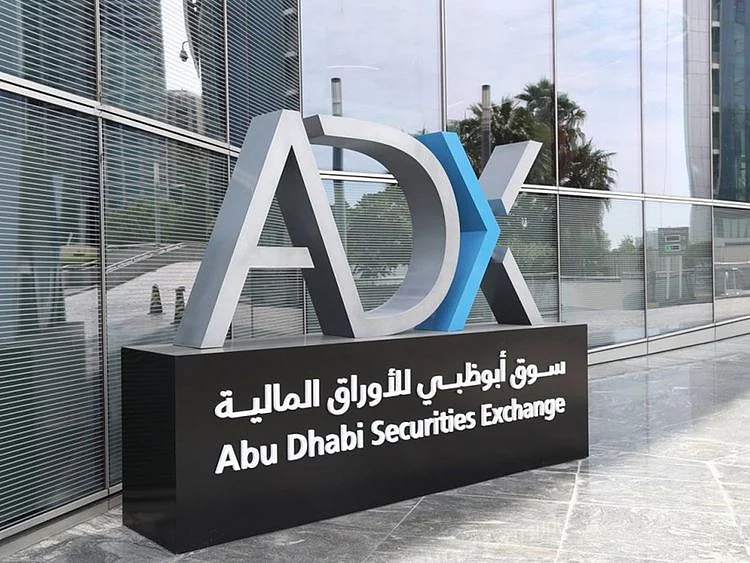There are only two types of investors when it comes to market timing: Those who can’t do it and those who know that they can’t do it.
Much of the commentary regarding capital (and real estate) markets in general - and UAE markets in particular - has revolved around the concept of investing in index trackers. In the West, these are easy to access, and with their low-cost burden, allows investors to participate in the upside potential of the economy without resorting to adventurous, but potentially disastrous, outcomes.
This brings into mind the maxim of John Maynard Keynes (also a famous fund manager apart from a renowned economist) who said: ‘Worldly wisdom teaches that it is better to fail conventionally than to succeed unconventionally’.
Asset managers and investors resort to following the crowd at ‘chow time’ and which invariably results in ‘index hugging’. Equally, a moderate to high turnover portfolio, with the inevitable result of most underperforming the index.
In the UAE, as asset markets have shown, conventional wisdom has rarely been proven correct. This has been true of its real estate, as well as the capital markets, where a buy-and-hold strategy in a few stocks has yielded stunning returns.
The case of IHC comes to mind; a conglomerate that has risen to stratospheric heights, despite skepticism surrounding its strategy, and has a market cap in excess of $200 billion. Of course, all of this could only be known in hindsight. Or could it?
Check the profit
A reading of financial statements of the group had revealed the breathtaking strategy, but given the pessimism surrounding domestic capital markets in general, was widely ignored. Picking IHC in a basket of stocks would certainly constitute ‘active’ management, but the term is often used in ways that differ from its common meaning.
The word active doesn’t denote that the investor engages in a lot of dealing activity; rather it is meant to distinguish those who manage their investments that are not index trackers. We know that the best fund managers like Warren Buffett, Terry Smith and the like eschew index hugging and therefore pick businesses that are profitable – but also avoid dealing activity as much as possible.
At base are two broad concepts that investors should embrace:
Quit dropping the ‘expensive’ tag
Of course, this has not been the case with IHC in the least, which is what makes the commentary around it somewhat bewildering when there has been talk that it is an ‘expensive asset’. Expensive relative to what, one wonders.
The loss-making darlings - Snapchat, Chewy, Gamestop - or alternatively the nosebleed valuations that surround the recent hype relating to AI?
In the last 3 years alone, IHC profits have gone up 10-fold; more importantly, cash generated has gone up 8.5x. The conglomerate has historically been targeting domestic, regional, and international investments that form a near perfect vehicle for investors to get exposure to a broad swathe of industries (old and new) in ways that global funds would allow, without the deleterious effect of high management costs and fees that often saddle the process.
There are no indications that the growth trajectory is expected will drop in the medium term, and with the sheer size, IHC has become too big to ignore for most fund managers.
For retail investors, conventional wisdom continues to be to invest in Western markets. While there is nothing wrong with that, it ignores two basic:
In the final analysis, investors should pay for performance, and the question that they should be asking is: Would they be happy paying transaction costs (or fees) to a manager who was dealing actively but delivers a poor performance. Or as it is known, the ‘busy fool syndrome’.
The answer is as obvious as it is blowing in the wind.
Network Links
GN StoreDownload our app
© Al Nisr Publishing LLC 2026. All rights reserved.
